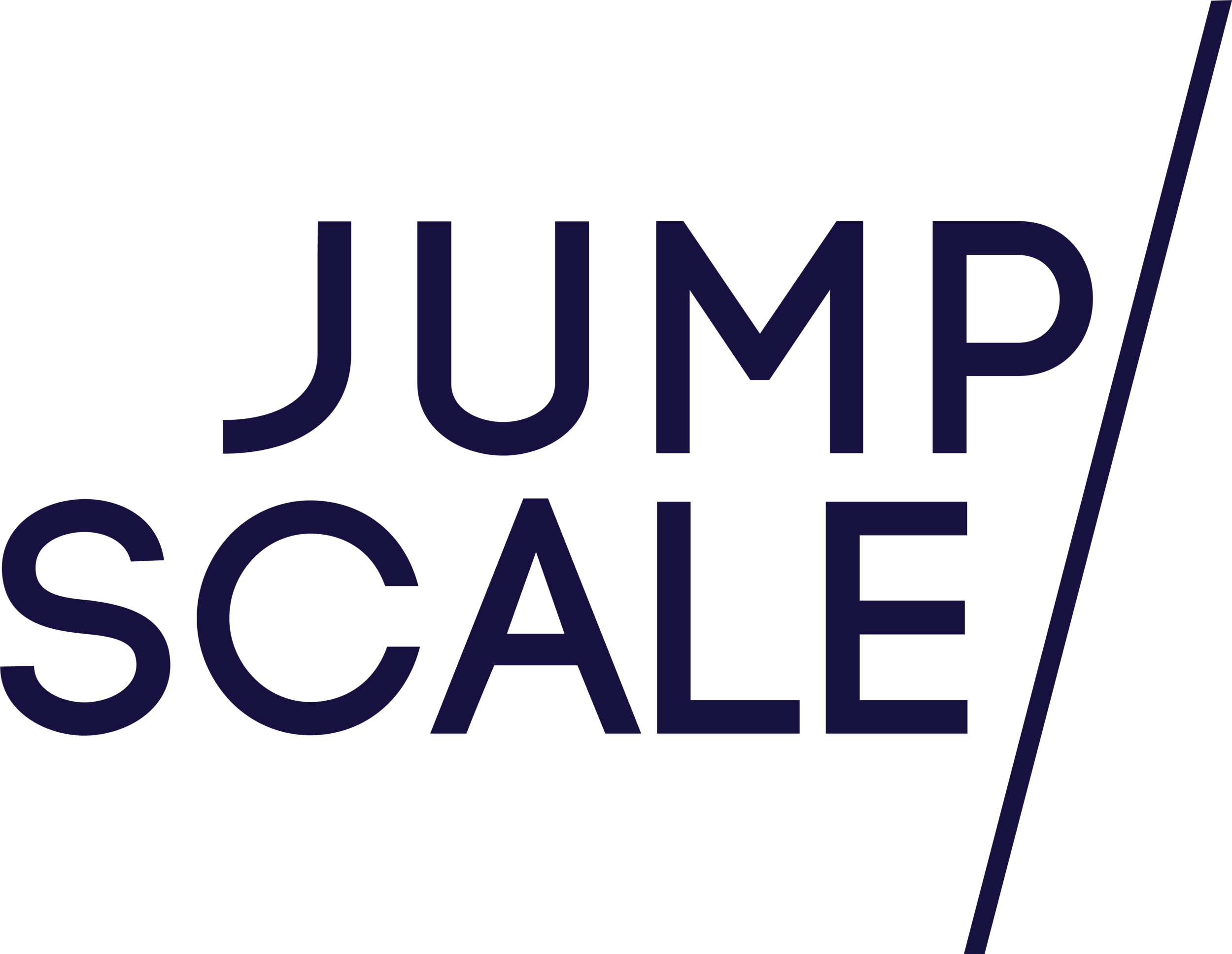GritDaily Features Pandemic Response and Economic Recovery Piece by JumpScale's Josh Knauer
Original article published on GritDaily.com
Pandemic Uncertainty Is Hurting Economic Recovery
By Josh Knauer
June 25, 2020
With more than 36 million people filing for unemployment and 7.5 million small businesses at risk of closing permanently, it’s no secret economic uncertainty is stressing the American economy. And while the immediate financial implications of the shutdown are a lot to grapple with, it’s actually the uncertain future and lack of open communication about what comes next is what will ultimately kill our businesses. But those risks can be prevented.
When businesses nationwide were forced to close their doors weeks ago, the federal government stepped in to offer relief through the Paycheck Protection Program (PPP) and the Small Business Administration’s Economic Injury Disaster Loan (EIDL). Unemployment benefits were enhanced for workers as well. Though this helped many get through the initial shock of sudden closures, society and businesses now realize the pandemic ramifications will go on much longer. That realization will soon turn initial shock into long-term uncertainty and devastate millions of American workers.
We are at a critical point. While the House and Senate have passed a bill that, among other things, loosens the loan forgiveness requirements, it doesn’t add any new funds for loan to businesses in need. This uncertainty is compounded by cities and states reopening in a piecemeal manner and forcing businesses to reopen too soon. Looming above all that are infection spikes around the country that threaten to shut down everything again.
For example, I’m working with a mid-sized electronics company trying to function across several states. It is an operation nightmare. Their factories are located in some states but can’t reopen, while other factories are forced to reopen. Or, there’s a shop that’s required to open its doors, but the factory that supplies its inventory must stay closed. Restaurants are set to reopen, but a survey of 2,500 U.S. consumer by the Wall Street firm Cowen found three-quarters intend to avoid restaurants or dine out less. How can the business function properly when not all of the pieces are in working order? It’s this piecemeal, patchwork quilt approach that’s causing stress.
When we look at the EKG of a company in terms of income, expenditures, revenue, and amount of cash in the bank, the indicators are going wild right now, and some are starting to flatline. Many companies are in a financial health emergency. They’re primed for devastation.
Before COVID-19, the Small Business Administration estimated less than half of small businesses are still in business five years after opening, simply due to typical operating stresses. At the same time, worker burnout was already at an all-time high, with one-in-five “highly engaged” U.S. workers reporting some degree of burnout. That burnout was causing $300 billion a year in losses for the U.S. economy thanks to turnover, increased legal, medical and insurance costs, as well as decreased productivity.
The new uncertainty stemming from the lack of either a political response based on science or a thoughtful, durable recovery plan worsens all of the problems businesses had before. Sadly, many governments and businesses are making shortsighted decisions induced by panic. They’re putting a Band-Aid on a bullet wound. It’s no wonder a third of Americans have reported high levels of psychological distress during the pandemic. Psychologists are warning that the U.S. needs prepare for an epidemic of clinical depression.
So, what needs to happen to help businesses and employees not only survive but thrive?
Businesses need to seek the help of customized support services to help adapt. Companies like this help businesses create a long-term strategic plan covering everything from modeling and finances to crisis and employee mental health management. This will reduce the uncertainty (and, therefore, stress) for owners and workers.
The government needs to extend the money made available to small businesses through programs like the PPP and EIDL to cover the expenses of reopening safely. This can be done in various ways, such as loan funds, grants, and guaranteed purchase orders from government and large businesses.
The mental health crisis created by this pandemic needs to be addressed. While this is undoubtedly a much larger governmental/societal issue, individual companies can help. Clearly explain to employees the plans that are in place. Businesses can assist their employees in many ways, including continuing to pay them partial wages if possible, helping them in navigating unemployment, consumer debt forgiveness programs and continued access to health benefits. Employees can plan accordingly, ultimately reducing their stress levels.
Economics 101 states that businesses survive and thrive on predictability. Right now, we are in a period of immense unpredictability. So, while the hard financials need to be hammered out in the short term, so too should businesses and governments be focused (and articulating) the plan for the long term. Knowing where things will stand not in the next eight weeks, but the next five years will help reduce the incredible stress plaguing both people and businesses.
—
Josh Knauer is a contributor to Grit Daily and a serial entrepreneur who sold his market analytics company to Nielsen. He served as a science and technology advisor for President Obama. Josh is currently an adjunct professor at Carnegie Mellon University, an Executive in Residence at Columbia University Technology Ventures/NYSERDA and a General Partner at JumpScale, a [wellness-focused responsible investment consulting] firm that is offering pandemic response advisory and planning services to businesses, philanthropies, and investors. JumpScale uses a unique, holistic approach to help companies improve impact and support financial and organizational wellbeing.
Check out our other Content
Events • In the News • Podcast • Our Articles • Videos

